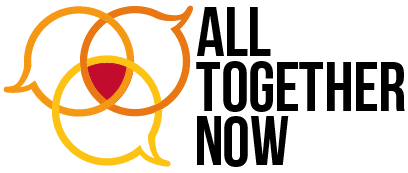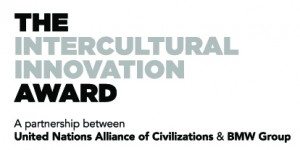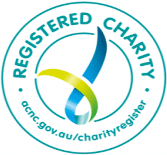All Together Now’s volunteer Erika Rodriguez explores the possibility of a Truth Commission for Australia
As a Latina from the U.S. who only recently moved to Australia, I don’t pretend to know everything about the struggle of First Nations People, but my experience does give me an unfortunate familiarity with systematic racial discrimination and injustice. Regardless of my cultural background, as a human being I believe that after years being tortured with massacres, shootings, beatings, theft of their children and land, poisonings, and deaths while in custody, the First Nations People of Australia deserve a chance at peace, to live their lives free of discrimination and racism, and to have their stories accurately heard and documented. Many organisations have been working to research and report accurate information on this history that has been kept out of Australia’s history books, such as The Guardian’s interactive map of “the systematic process of conflict and expansion,” but there is still much left to be done.
The United Nations’ legal definition of genocide reads:
“any of the following acts committed with intent to destroy, in whole or in part, a national, ethnical, racial or religious group, as such: killing members of the group; causing serious bodily or mental harm to members of the group; deliberately inflicting on the group conditions of life calculated to bring about its physical destruction in whole or in part 1; imposing measures intended to prevent births within the group; [and] forcibly transferring children of the group to another group.”
Office of the UN Special Adviser on the Prevention of Genocide
The forced removal of First Nations children from their parents and placement into white homes and the large-scale massacres and other atrocities committed during and after the invasion of Australia are all blatant examples of genocide. It is important that the facts and stories are recorded and available so that racial discrimination, hate, and trauma does not continue to affect future generations, such as the PTSD and nightmares that children of victims of the Rwandan genocide are facing now 25 years later.
As my Master’s Degree in post-conflict peacebuilding has shown me, in many areas of the world that are dealing with post-conflict societal repair, truth telling is a complex and challenging concept and the processes and proposed outcomes may be overwhelming or seem out of reach. Many question whether society could handle hearing all of the brutal details of killings that occurred, wondering if it would feel like rubbing salt in open wounds, create further division, or cause more hurt for the community and the younger generations. Some also consider the idea that documenting these atrocities would officially admit to committing acts of racism and abhorrent human rights abuses by a nation that is now internationally considered to be safe and successful. People often don’t want to believe the worst, especially about the country they call home.
These concerns, however, are meager compared to the proposed benefits of an official truth-telling body, and demonstrated successes that they have had in other areas of the world such as South Africa and Timor-Leste. The First Nations communities could finally have their documented accounts recognized, a true and accurate description of what happened could be updated into school curriculum, a platform for healing of those affected could be opened, and those who are unaware of the details could then have the archives available. These recognitions and progress in human rights could ultimately contribute to an international example of reconciliation for Australia.
According to Reconciliation Australia’s 2018 report, an overwhelming 80% of Australia’s general population “believe it is important to undertake formal truth telling processes in relation to Australia’s shared history.” Considering the resources and international support that Australia has access to, there is no reason that a truth-telling body should not be established. Doing so has the potential to take a step toward combating the systematic racism that continues today, and finally releasing the tight grip that White Australia holds around First Nations communities and their history.
Let us know what you think in the comments. Is truth-telling an important step toward reconciliation and healing for Australia?


